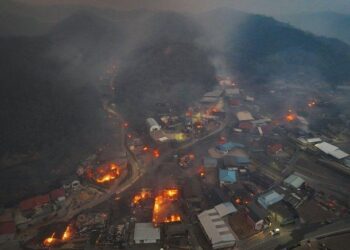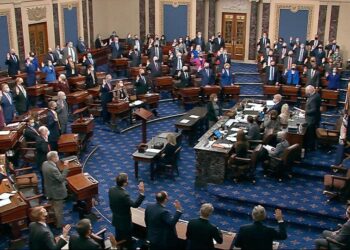In a pivotal decision that echoes through the halls of South Korea’s political landscape, the Constitutional Court has dismissed the impeachment of prime Minister Han Duck-soo, paving the way for his reinstatement as acting president. This ruling not only reinstates Han’s position but also marks a meaningful moment in a tumultuous political period for the nation, which has seen its fair share of controversies surrounding leadership and governance. As the court’s verdict reverberates, analysts and citizens alike are left to ponder its implications for the current governance and the future of South korea’s political stability. In this article, we delve into the details of the court’s decision, the circumstances leading up to the impeachment, and what this means for the future of leadership in a country grappling with both domestic challenges and international scrutiny.
Court Ruling Validates Prime Minister’s Position Amid Political Unrest
the recent ruling by South Korea’s judiciary has brought considerable stability to a government beset by tumultuous political strife. By dismissing the impeachment proceedings against the Prime Minister, the court has effectively reaffirmed his authority within the current administration. This decision not only reinstates his role as acting president but also serves to shore up the government’s legitimacy at a time when public trust is wavering.Key implications of this ruling include:
- reinforcement of Leadership: The PM’s reinstatement consolidates control amidst ongoing unrest.
- Judicial Support: The ruling highlights a judiciary willing to engage in political matters.
- Potential for Policy Continuity: With the PM in place,focus can shift back to governance and critical policy decisions.
The court’s verdict is a pivotal moment for the Prime Minister as he navigates a landscape fraught with challenges, including economic issues and public discontent. His administration can now move forward with a clearer direction and possibly regain the faith of citizens wary of political instability.This development suggests a potential path for renewal and reform, one that could address the pressing concerns of the populace and foster a more cohesive political environment.
| Aspect | Impact of ruling |
|---|---|
| Government Stability | Enhanced control over the administration’s course |
| Public Perception | Possible recovery of trust in political institutions |
| Policy Implementation | Accelerated decision-making on critical issues |

Implications of Reinstatement on South Korea’s Governance and Stability
The recent decision by South Korea’s court to reinstate the Prime Minister has far-reaching implications for the country’s governance and political stability. This ruling underscores the importance of judicial independence in a democratic society and could signal a shift in how governmental authority is perceived. The Prime Minister’s return not only restores his position but also aims to stabilize a political landscape that has been fraught with challenges stemming from previous impeachment motions. As an inevitable result, we may see a renewed focus on collaboration among the executive, legislative, and judicial branches to foster a united front against emerging domestic and international issues.
Furthermore, the reinstatement could pave the way for enhanced policy continuity, which is vital for addressing pressing matters such as economic recovery, national security, and public health. Citizens may expect a more coherent approach to governance, driven by the Prime minister’s agenda. The court’s ruling might also influence public confidence in the political system,as it reflects a commitment to uphold democratic principles amidst rising tensions. If managed effectively, this reinstatement could reinforce the legitimacy of governmental institutions, leading to a more resilient society that can better navigate the complexities of modern governance.
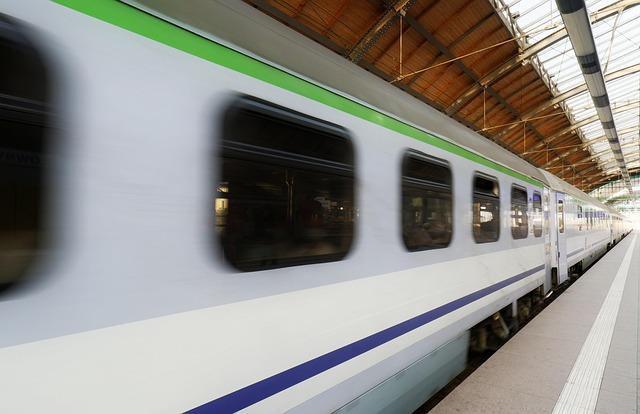
Public Reaction: Divided Opinions on the Court’s Decision
Public sentiment surrounding the South Korean court’s recent ruling has been polarized, with reactions stemming from various segments of society. Supporters of the decision view the reinstatement of the Prime Minister as a long-overdue correction,emphasizing the importance of stability in the government. They argue that this move can possibly lead to a more unified approach in addressing the nation’s pressing issues, including economic recovery and international relations. Many believe it reinforces the principle that elected officials should have the opportunity to govern without unjust interruptions.
Conversely, critics express serious concerns over the implications of the court’s ruling. Detractors label the decision as a disregard for democratic accountability and worry it may undermine public trust in judicial processes. They fear that reinstating a leader previously subject to impeachment could set a dangerous precedent, potentially quelling the voices of those opposing government misconduct.Among the dissenters, key points include:
- Loss of accountability: Emphasizing a culture of impunity for elected officials.
- Public distrust: Concerns about the judiciary’s independence.
- Political instability: fears of escalating tensions among political factions.
| Opinion Type | Key Point |
|---|---|
| Supporters | Call for political stability and governance continuity. |
| Critics | Warning against the risks of diminishing accountability. |
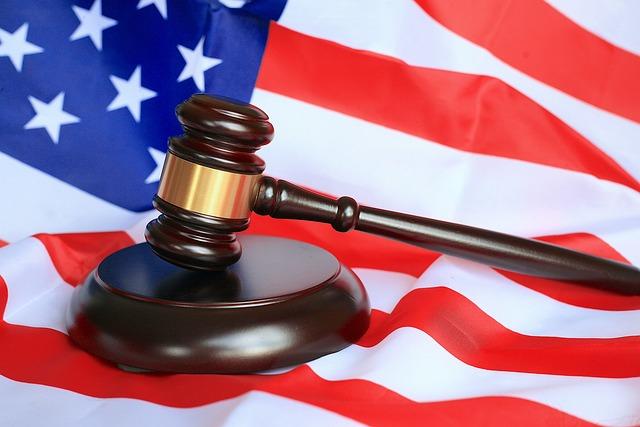
Legal Framework Behind impeachment Proceedings in South Korea
The legal framework governing impeachment proceedings in South Korea is shaped by the country’s constitution and specific laws designed to maintain the accountability of public officials. under Article 65 of the Constitution, the National Assembly has the authority to impeach the President and other public officials for violations of the Constitution or other laws. The impeachment process initiates with a proposal from at least one-third of the National Assembly members, followed by a vote that requires a simple majority for passage. Notably,the Constitutional Court plays a critical role in adjudicating impeachment cases,ensuring that the process adheres to constitutional provisions and protecting legal rights during trials.
The grounds for impeachment are clearly delineated and include corruption, violation of laws, and betrayal of public trust. Upon the national Assembly’s approval of an impeachment motion, the affected official is temporarily suspended from duties until the constitutional Court reaches a final decision. This suspension ensures that there are no attempts to influence the proceedings. In recent cases, such as that of the Prime Minister, the court’s rulings have emphasized the necessity for clear evidence supporting any allegations made against public officials. This judicial oversight is crucial in safeguarding democratic principles while addressing the failings of those in power.
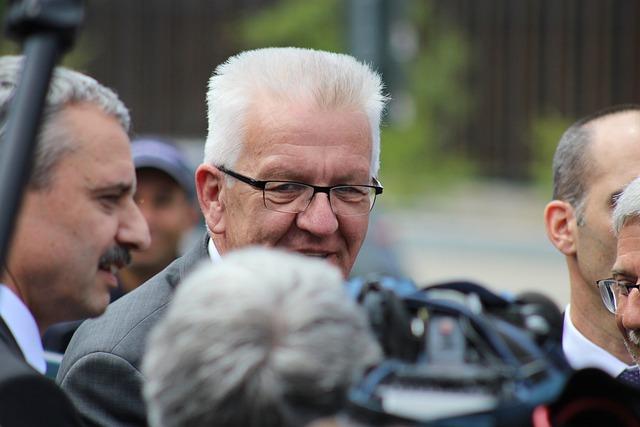
Future Challenges Faced by the Prime minister in His Dual Role
The recent reinstatement of the Prime Minister as acting president has brought a renewed spotlight on the complexities of his dual role. As the country navigates through a politically charged landscape, several future challenges loom large on the horizon.The Prime minister must address economic recovery in a post-pandemic world, balancing stakeholder interests while promoting sustainable growth. this will involve tackling high inflation rates and supply chain disruptions, which continue to effect consumers and businesses alike.
Moreover, the Prime Minister faces an urgent need for national security reform, particularly considering regional tensions and threats.Collaborating with international allies while ensuring domestic stability will require deft diplomatic maneuvering. To manage these intricate dynamics effectively, he must also foster public trust—a vital asset in gaining support for his policies. Factors such as clarity in governance and proactive dialog will play pivotal roles in mitigating public dissent and galvanizing citizen engagement.
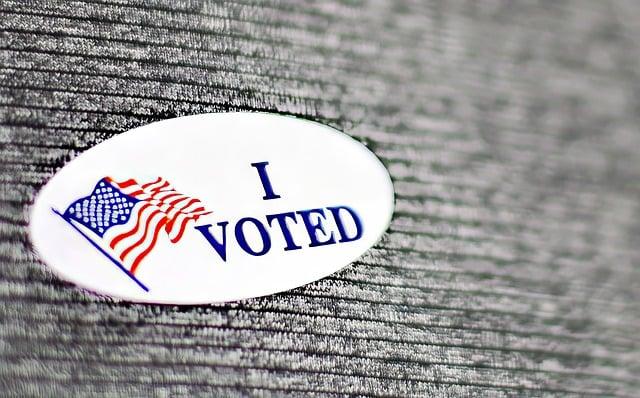
Recommendations for Strengthening Political Accountability and Transparency
To enhance the integrity of political structures, it is imperative for South Korea to prioritize mechanisms that promote accountability and transparency within governance. Implementing regular audits of governmental activities can serve as a potent tool for scrutinizing the use of public funds. Furthermore, establishing independent oversight committees with the authority to investigate allegations of misconduct will empower citizens to demand accountability from their elected officials. engaging civil society organizations in monitoring practices can also ensure a more rigorous examination of governmental actions.
Investment in digital transparency initiatives can effectively bridge the gap between government and the public.As a notable example, creating open data portals that provide easy access to information regarding government expenditures and decision-making processes fosters an environment of trust. Likewise, promoting regular public forums where citizens can engage directly with policymakers will facilitate dialogue and enhance mutual understanding. Strengthening whistleblower protection laws can encourage individuals to report on malfeasance without fear of retaliation, ultimately contributing to a culture of transparency within political institutions.
to sum up
the South Korean Constitutional Court’s decision to dismiss the impeachment of Prime Minister Han Duck-soo marks a significant turning point in the nation’s political landscape. By reinstating him as acting president, the court has reaffirmed the stability of the executive branch amidst ongoing political challenges. This ruling not only highlights the judiciary’s role in upholding democratic principles but also sets the stage for potential future shifts within the government. As the nation turns its focus to pressing domestic and international issues, observers will be keen to see how this development influences the political dynamics in South Korea moving forward. With heightened scrutiny on government actions and public sentiment, the coming months will be critical for both the prime minister and the administration he leads.



